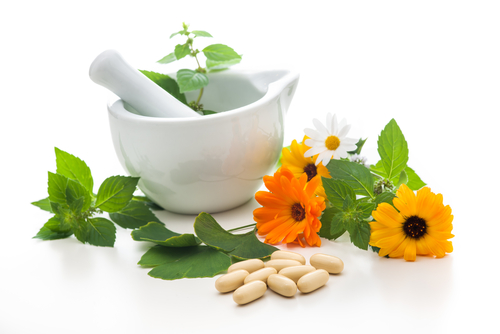It’s long been acknowledged that people turn to ‘comfort eating’ and ‘comfort food’ when they’re feeling down, so much so it’s seen as a natural thing to do in today’s world. But why does it happen? And is there any way we can prevent ourselves from falling into this trap? Well, if we look to scientific research we can find some answers.
Sleeping, as we all know, is how we fundamentally rest and recharge. As such, it plays a critical role in emotional regulation. If we suffer a pattern of disrupted sleep – or poor ‘sleep hygiene’ – our negative emotions are more likely to be amplified, ensuring emotional challenges (or even everyday life) can be more difficult than normal1. This leads us to crave sugar-laden and energy-dense foods; it’s a natural reaction – our brain is looking to rebalance the levels of serotonin and endorphins (the ‘happy’ hormones) in our bodies that sleep replenishes.
Tied into this is the fact sleep deprivation also causes an imbalance in two other significant hormones, leptin2 (which tells us we’ve eaten enough) and ghrelin3 (which drives appetite), ensuring we’re less likely to be satisfied after polishing off a decent meal and more likely to get cravings for those rich, sugary ‘bad’ foods.
Inevitably then, the long-term effect of disrupted sleep and emotional eating can be weight gain. Indeed, thorough research has been done in this area, concluding that the part of the brain that oversees ‘impulse modulation’ is impaired as a result of poor sleep, thus effectively sabotaging people’s will power, which puts the likes of healthy meal planning at risk or ensures it doesn’t happen at all: “Disrupted sleep patterns may impact food intake of both adults and children via impairment of executive functions”4.
In which case, if you’re looking to reduce those cravings and your level of emotional eating or you’re aiming to lose weight and adopt a better diet, then it’s important to consider your sleeping habits. How much sleep do you get each night? Do you sleep well? Do you feel tired more than you’d like to? Do you have sugary food cravings as well as experiencing poor sleep?
Fortunately, there are effective ways to combat bad sleep hygiene. For instance, you can employ different tactics, such as going to bed and getting up at the same time each day, not doing anything too stimulating (work, checking and replying to emails or heavy exercise) at least two hours before bed and ensuring your bedroom feels like a healthy, comfortable place of rest – make sure it’s dark when you go to bed, not too warm and, overall, a room genuinely dedicated to sleeping.
Additionally, you might consider supplements to improve sleep – vitamin-based or derived from natural ingredients – which operate by helping you relax or de-stress. The following supplements would all be suitable in this regard and are available through The Finchley Clinic. We certainly recommend all three of them:
•Lavender Formula – features herbs that together are traditionally used to help with stress and anxiety and may also aid sleep cycles; one dose before bedtime is advised
•Serotone – principally contains 5-Hydroxytryptophan (5-HTP), an amino acid that’s the intermediate step between tryptophan and serotonin; it also contains co-factor B vitamins and zinc (note: care should be taken if you’ve been prescribed selective serotonin reuptake inhibitors or SSRIs)
•Balance for Nerves – a nutritional complex for nervous system health that comprises vitamins, amino acids and Magnesium to support the nervous system and promote a calm mind.
References:
1. Daniela T, Alessandro C, Giuseppe C, et al. (2010) Lack of sleep affects the evaluation of emotional stimuli. Brain Research Bulletin 82(1): 104–108
2. Tatone F, Dubois L, Ramsay T, et al (2012) Sex differences in the association between sleep duration, diet and body mass index: A birth cohort study. Journal of Sleep Research 21(4): 448–460
3. Burt J, Dube L, Thibault L, et al (2014) Sleep and eating in childhood: A potential behavioral mechanism underlying the relationship between poor sleep and obesity. Sleep Medicine Reviews 15(1): 71–75
4. Beebe DW, Fallone G, Godiwala N, et al. (2008) Feasibility and behavioral effects of an at-home multi-night sleep restriction protocol for adolescents. Journal of Child Psychology and Psychiatry 49(9): 915–923

